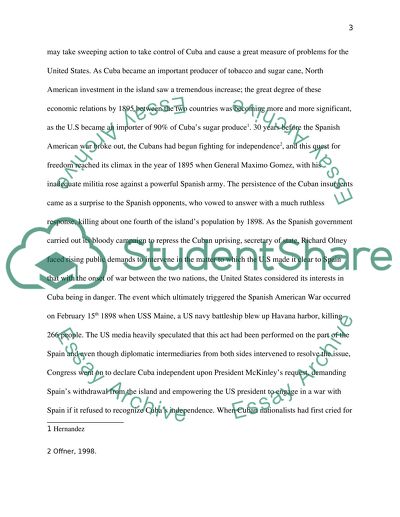Cite this document
(“From the period of the Spanish American War through the end of World Essay”, n.d.)
Retrieved from https://studentshare.org/history/1470325-from-the-period-of-the-spanish-american-war
Retrieved from https://studentshare.org/history/1470325-from-the-period-of-the-spanish-american-war
(From the Period of the Spanish American War through the End of World Essay)
https://studentshare.org/history/1470325-from-the-period-of-the-spanish-american-war.
https://studentshare.org/history/1470325-from-the-period-of-the-spanish-american-war.
“From the Period of the Spanish American War through the End of World Essay”, n.d. https://studentshare.org/history/1470325-from-the-period-of-the-spanish-american-war.


